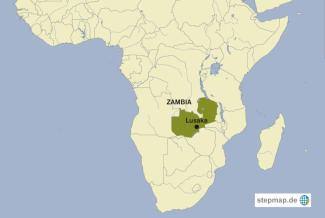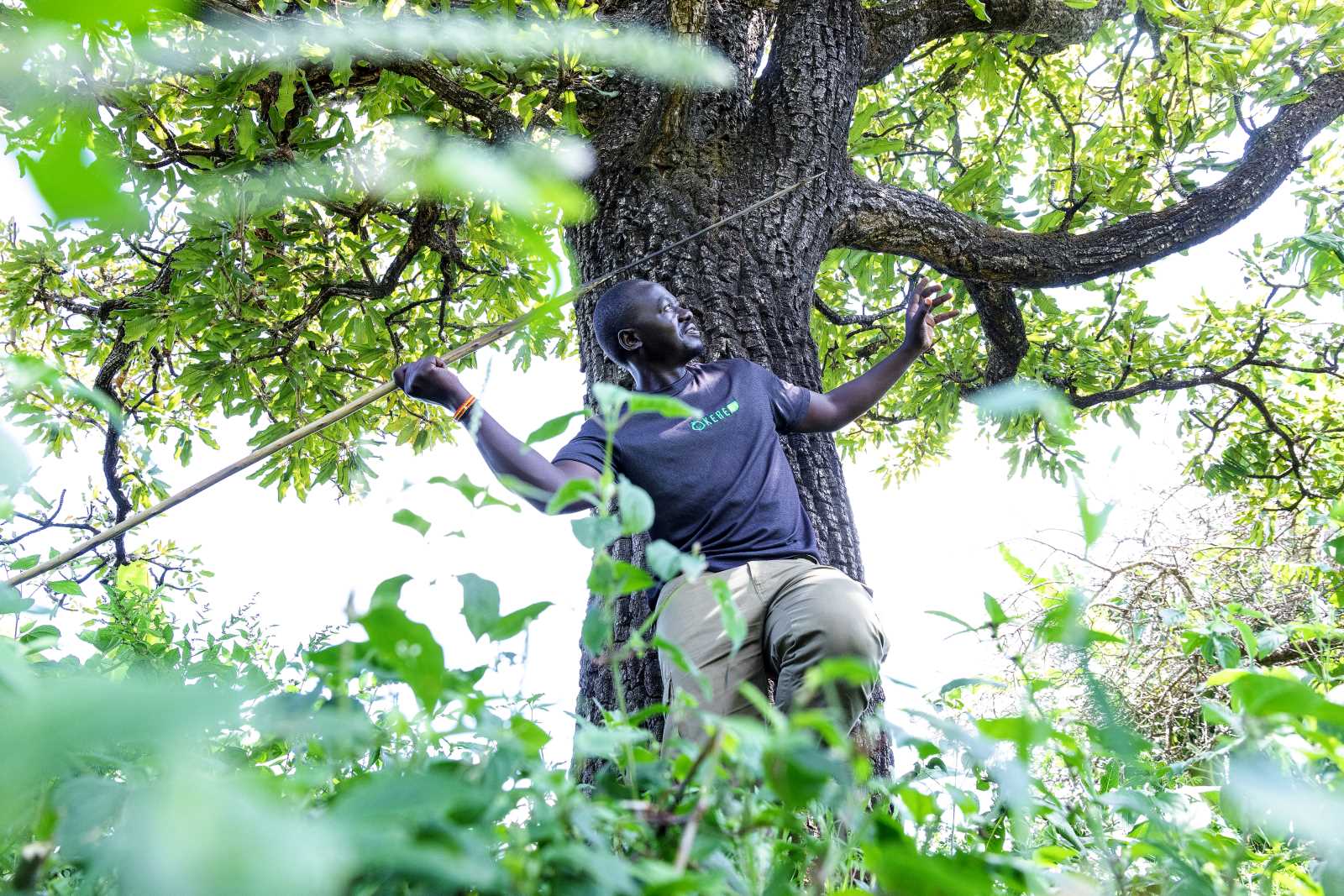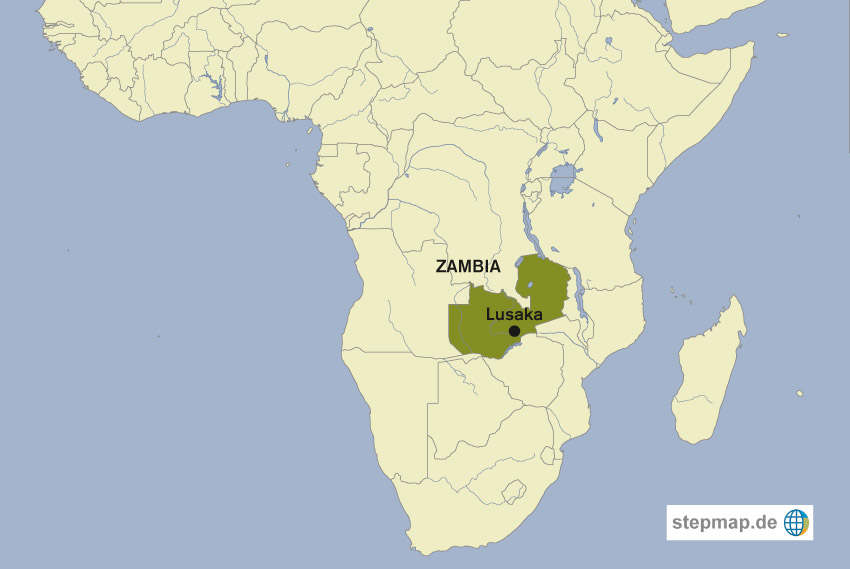Planned parenthood
Contraceptives for minors

Zambia registers about 16,000 cases of unplanned pregnancies per year among schoolgirls. The number is even higher if teenagers who do not go to school are counted as well. Pregnant schoolgirls usually stop going to school, and many do not return to complete their education after giving birth. The intellectual potential of these girls goes to waste.
Marie Stopes Zambia is an the national branch of the international non-governmental organisation that promotes the distribution of contraceptives to teenage girls. Marie Stopes International provides personalised contraception to women and girls in 37 countries. Where abortion is legal, moreover, it offers such medical services
Marie Stopes Zambia insist that blocking teenagers’ access to contraceptives and denying them comprehensive sex education “does not prevent them from having sex”. The consequences are unwanted pregnancies. Childbirth complications occur frequently in this age group moreover.
According to Kwesi Formson, the director of Marie Stopes Zambia, complications from pregnancy are “the leading cause of death among young women aged 15 to 19”.
When women and girls have access to contraception, their future become brighter, he argues: “Fewer girls drop out of school, fewer young women die giving birth, and more young women enter the workforce.” Ultimately, the entire country benefits, Formson says.
Nonetheless, many Zambians are uncomfortable with NGOs giving teenagers access to contraceptives. The debate was stirred up by some local politicians. They claimed that organisations propped up by western countries were distributing condoms to school kids. The Centre for Reproductive Health, a local organisation, says this is not the case.
The Basic Education Teachers’ Union of Zambia (BETUZ), a trade union, similarly opposes the distribution of condoms in schools. BETUZ officials say that “distributing condoms in schools will encourage sex at a tender age, which may distracted pupils from their studies”.
Edwin Mbale, a father of girls and resident of Ndola, says that international organisations must know that African culture does not encourage sex before marriage in any form. “As Zambians, we must teach our children to abstain from sex,” Mbale says. “This is not just for preventing unplanned pregnancies, but also the spread of HIV/AIDS or any other sexually transmitted diseases.” The irony of the matter is that condoms do not only prevent pregnancies, they also prevent HIV infections.
Humphrey Nkonde is a journalist and media researcher based in Ndola, Zambia.
humphrey_nkonde@ymail.com












